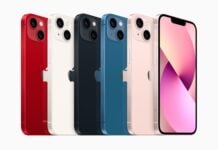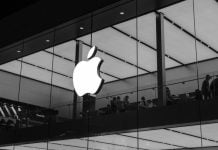Apple recently introduced its iPhone 15 series, featuring various enhancements, with a notable change being the adoption of a universal Type-C interface across all models. This move has been positively received by consumers, as it aligns with the prevailing trend in Android phones, allowing users to use a single cable for multiple devices. Moreover, Android-to-iPhone cross-platform battery sharing is now a reality, further enhancing the user experience.
However, recent reports from China suggest that certain Apple Stores are cautioning against using Android charging cables with the new iPhone 15, citing potential overheating concerns.
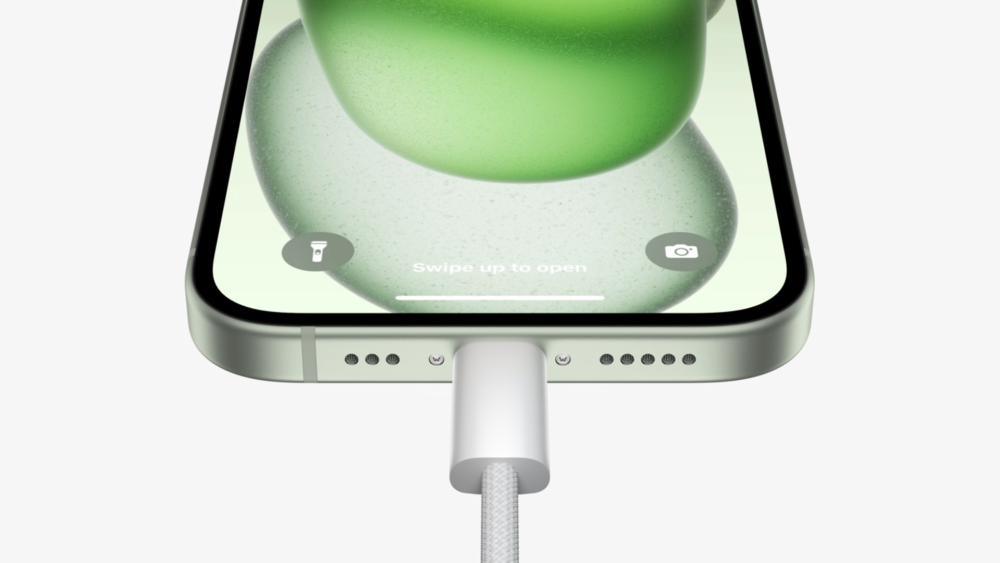
Safety Concern or Sales Strategy?
These warnings came to light when an Apple exclusive store in Foshan, Guangdong Province advised customers against using Android Type-C cables to charge the iPhone 15. The store highlighted differences in the pin arrangement of the interfaces, suggesting that using an Android cable might lead to overheating due to the slightly smaller gap between the single-row 9-pin and single-row 11-pin connectors.
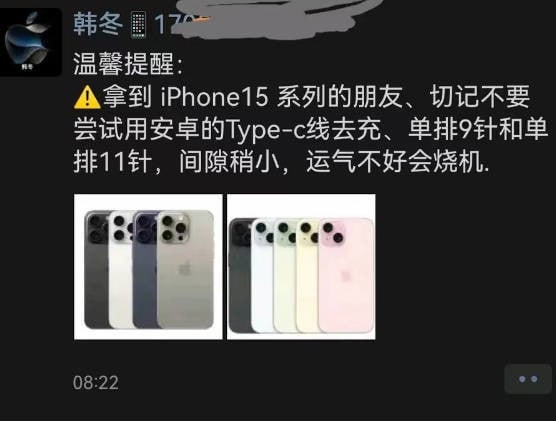
It appears that this advisory is not limited to a single store, as there are reports indicating that multiple Apple exclusive stores have issued similar cautions.
Critics have raised concerns that these warnings might be an attempt by Apple to encourage the purchase of its official charging cables, which tend to be priced significantly higher than those from Android manufacturers.
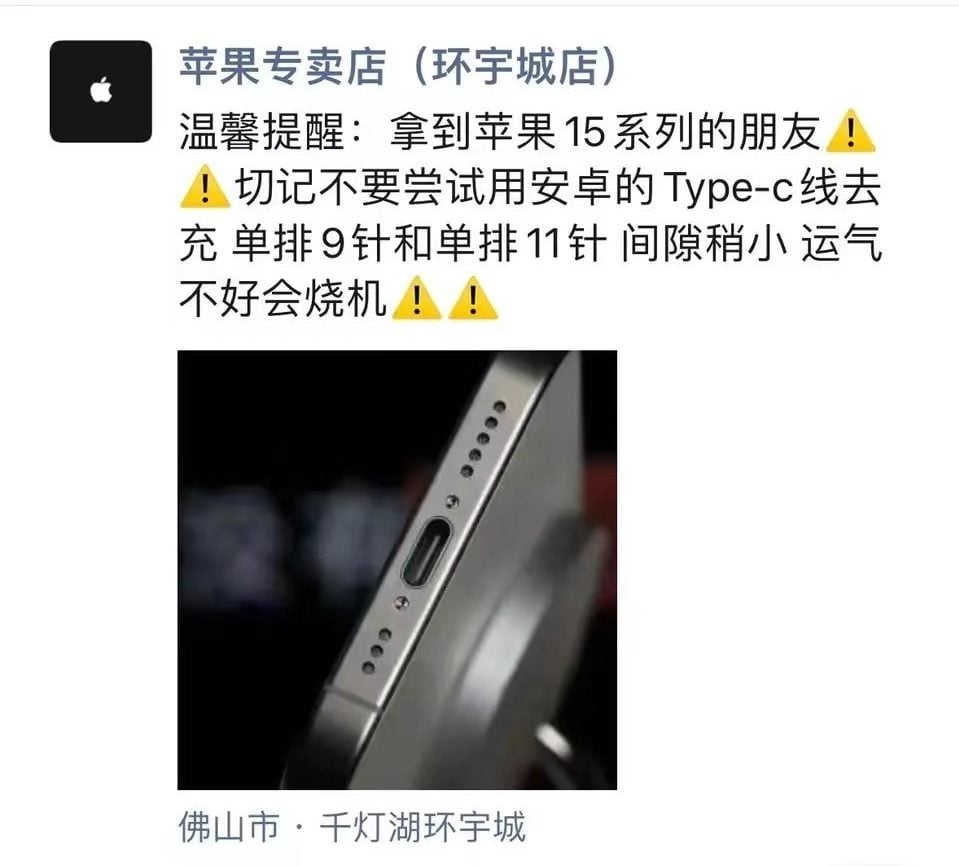
This has sparked an ongoing debate and speculation about whether the advisory is genuinely motivated by device safety concerns or if it is a strategic move to boost sales of Apple’s proprietary accessories.
As of now, Apple has not issued an official statement clarifying its position on the use of Android charging cables with the iPhone 15 series. This situation raises questions about the compatibility of charging cables, despite the adoption of a seemingly universal Type-C interface.
The lack of clarity regarding the use of non-Apple cables underscores the importance of clear guidance from Apple to prevent potential device damage and ensure consumer safety.
RELATED:
- Apple’s iPhone 15 Pro Max Fails the JerryRigEverything Durability Test, First iPhone to Fail This
- AR/VR headset market witnesses continued decline in Q2 2023, hopes for a rebound in 2024
- iPhone 15 Pro Max to drive Apple’s growth in Q4, analyst Ming-Chi Kuo says
- Redmi Note 13 Pro vs Redmi Note 12 Pro: Specs Comparison
- iPhone 15 Pro Max vs Honor Magic5 Ultimate: Specs Comparison
(Via)

